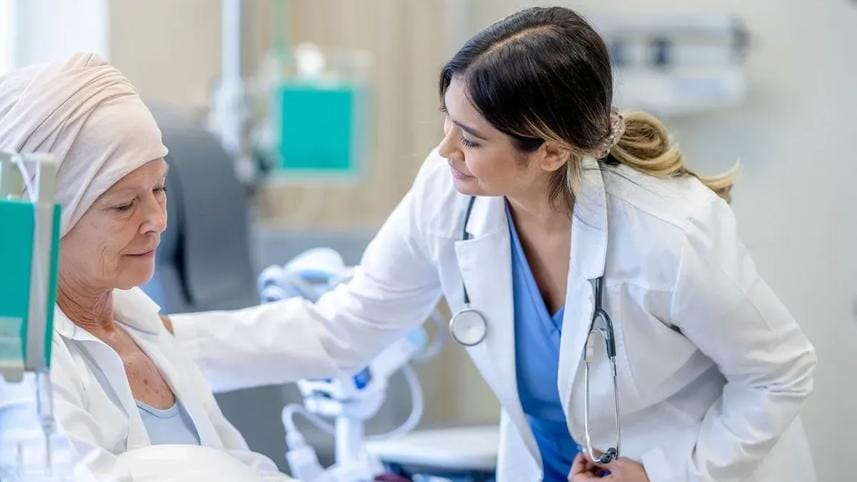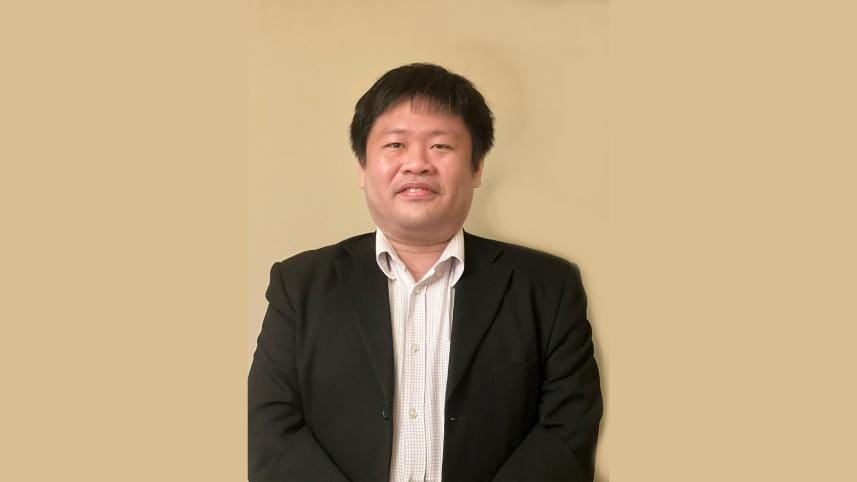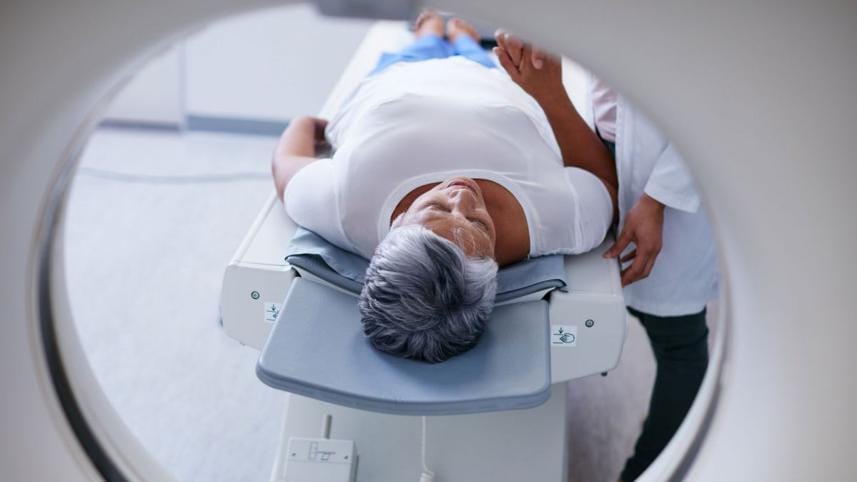Advances in cancer treatment and the role of medical oncology

On 4 February 2025, the global community observed World Cancer Day, a time to raise awareness about cancer prevention, detection, and treatment. This year's theme, "Close the Care Gap," highlighted the importance of equitable access to cancer care and the latest advancements in oncology. In line with this mission, we spoke with Dr Tan Wei Chong, a Consultant in Medical Oncology at the National Cancer Centre, Singapore, to explore the evolving landscape of cancer treatment and the critical role of early detection and personalised medicine. Dr Tan specialises in lung and genitourinary cancers and has extensive experience in managing complex cancer cases.

1. The role of a medical oncologist
Medical oncologists focus on the medical aspects of cancer treatment, which traditionally meant chemotherapy. However, with advancements over the last two decades, their role has expanded to include immunotherapy, targeted therapy, and hormonal therapy. "We work alongside surgeons and radiation oncologists to provide comprehensive care, especially for patients with locally advanced or metastatic cancer," he said.
2. Advances in cancer treatments
Dr Tan highlighted significant progress in immunotherapy and targeted therapy. "Immunotherapy, particularly immune checkpoint inhibitors, has revolutionised treatment, offering better efficacy and fewer side effects," he said. He also noted the rise of targeted therapy, especially in lung cancer. "In Asia, many non-smoking-related lung cancers have specific mutations that can be targeted, allowing patients to maintain a good quality of life."

3. Cancer awareness and early detection
Modern treatments have improved outcomes. "While cancer is not always curable, it is almost always treatable. The key is finding the right treatment for the right patient," he said. He stressed the importance of early detection through screening programmes for cancers like breast, cervical, and colon cancer. "Early detection can lead to early intervention, greatly improving the chances of a cure," he explained.
4. Managing side effects
Dr Tan discussed advancements in managing treatment side effects. "With modern antiemetics and supportive treatments, most patients can continue their treatment without hospitalisation," he said. He emphasised the importance of patient education. "Patients need to be aware of potential side effects and report symptoms like fever promptly."
5. Preventing common cancers
Dr Tan highlighted the role of lifestyle changes in cancer prevention. "Smoking and alcohol consumption are major risk factors. Reducing tobacco exposure, especially in Asia, could significantly impact cancer incidence," he said. He also underscored the importance of screening programmes for breast and cervical cancer.
6. Personalised medicine
Dr Tan explained how personalised medicine has transformed oncology. "We can now tailor therapies based on the genetic makeup of a patient's tumour. This approach is revolutionising cancer care," he said.
7. Message for Bangladeshis
Dr Tan shared a message for individuals and families dealing with cancer in Bangladesh. "Early detection and access to the right treatments are key. I encourage patients to seek timely medical advice and adhere to screening programmes," he said. For healthcare providers, he emphasised staying updated with the latest advancements in oncology.
These insights highlight the importance of a multidisciplinary approach to cancer care, the promise of personalised medicine, and the critical role of early detection and lifestyle changes in reducing cancer risk.



 For all latest news, follow The Daily Star's Google News channel.
For all latest news, follow The Daily Star's Google News channel.
Comments